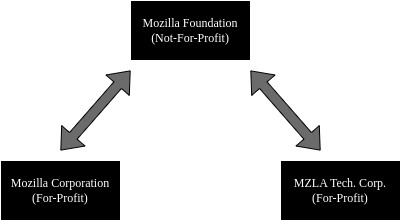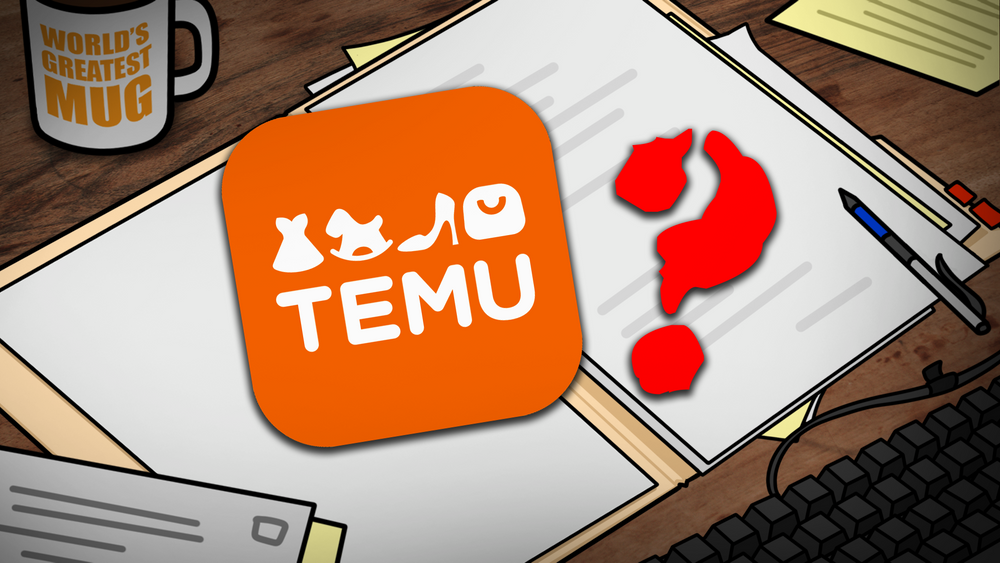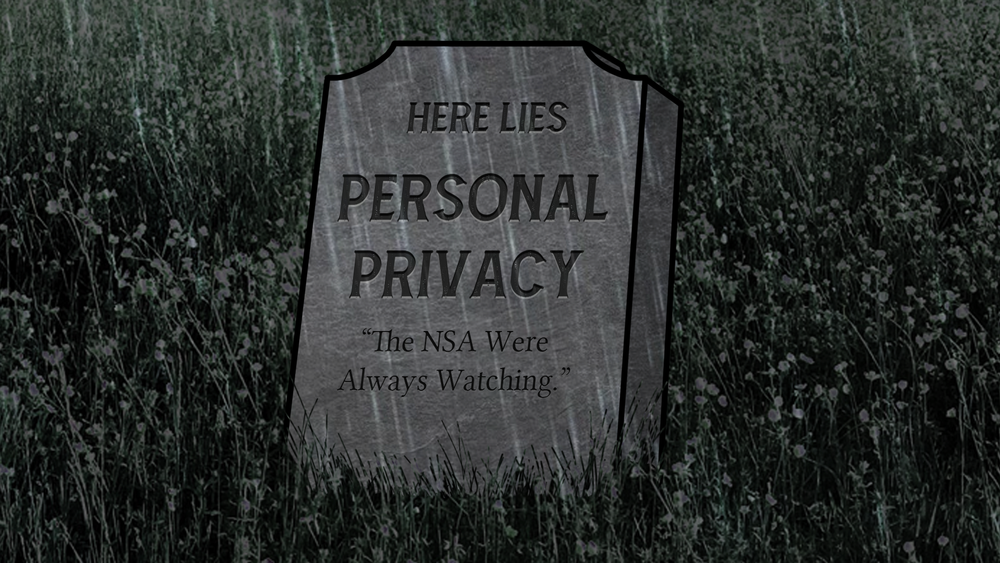Hello again, dear readers, and welcome back to Windscribbles, a place where we talk about privacy, cybersecurity, and digital rights in the modern era. This particular piece marks the beginning of a new era for us, as we take a moment to swap our shitposting trucker hats for investigative journalist flat caps (think Thomas Shelby but if he was a journo).
This will be a series of articles aimed at shining a light on the dark corners of corporations and the internet as a whole. You can consider it the next phase for us after the VPN Relationship Map.
Today, we'll be delving into some things that we think you all ought to know about Mozilla. There's going to be a lot of pieces to this puzzle, so you'll all have to bear with me. The main takeaways:
- Mozilla has sold out it's independence
- Executive compensation is pretty absurd
- They've engaged in some shady tactics
- They're no longer a privacy-focused company
Let's get started with our first point, on the selling out of Mozilla's autonomy.
The Illusion of Independence
Before I delve into the specifics, I'd like to propose a question to you: If you ran a business that was dependent on 80 plus percent of your revenue from a single client, would you describe that business as independent? Your answers may vary, but I'm sure a lot of you would say no.
The scenario I just described is literally Mozilla's current existence.
In 2020, Mozilla inked a contract extension with the internet overlord, Google, to maintain Google Search as the default search engine in the Mozilla browser. Great for Mozilla, right?

From 2020-2023, Google contributed an average of roughly 83% of Mozilla's income. What's even worse, since 2005, Google's contributed roughly 89% of Mozilla's overall income. In essence, Google pays Mozilla to exist and part of the motivation has to be so that Chrome browser doesn't get hit with anti-trust lawsuits. Obviously, the reality will be more complicated than that, but if it's not a significant contributing factor then I'll eat my new flat cap.
A Closer Look at the Corporate Structure
At this point, it's important to make some clarifications about who is actually receiving the money. Like many other realities in corporate America, Mozilla is using some special tricks to keep the tax overhead low and the CEO compensation high. Some of you may be under the impression that Mozilla is a simple non-profit, out to save the world one smidge of privacy at a time. The actual structure is as follows:

As you can clearly see, the whole "not-for-profit" play is really just corporate speak for we are better at avoiding taxes than you. Despite the illusion of separation, these entities are all so tightly intertwined that the auditor's report simply refers to the collection of the three as "Mozilla". Since the company's launch as a taxable entity in 2005, Mitchell Baker has sat at the very top as CEO, though she recently vacated that position for a newly created position that will still see her as the face of the company.
A Note On Mitchell Baker's Pay
Here at Windscribe, we like to give credit when it's due. In contrast, it seems that Mozilla likes to reward negative performance. In the period between 2008-2018, Mozilla lost 85% of its market share, while Baker's pay simultaneously rose 400%. I wish I could fail upward like that.
Throughout her tenure, her pay has constantly risen, yet in 2020 they laid off nearly 25% of their staff, plus an additional 10% in 2021. Of course, Mitchell Baker stated that it was due to COVID and loss of market share, even though revenues reached record highs in 2019.
Let's also keep in mind that as of their last earnings reports, Mozilla has roughly $500 Million in Cash or Cash equivalents. Yet on their website, they claim that they rely on donations to stay afloat.
How Mozilla Actually Makes Money
Most of us are under the impression that Firefox is what Mozilla does. As their flagship product, it's natural to expect that most if not all of their eggs are in this basket. As it turns out, that's not actually the case.
While the bulk of their income comes from being Google's sub, they are investing heavily in the creation of new and unique products, all of which require monitoring. For example, Mozilla now offers Monitor, a service that notifies you if your email has been included in a breach.
Let's just take a moment to examine the irony here: To protect your data, you need to give them your data so they can make sure your data is safe.
Go on any forum related to Firefox and you'll see that nobody was really asking for this (what people really want is personal hosting functionality by the looks of it). Instead, they got Mozilla VPN, which is actually just a reskin of Mullvad with way less functionality and more retained identifying info (it's linked to your Firefox account).
So to summarize, the mismanagement team over at Mozilla is pumping out products that nobody asked for seemingly so they can pat themselves on the back and pay themselves more money.
The Not-So-Private Privacy Browser
For a product that sells itself as being privacy-oriented, Mozilla has used Firefox for the exact opposite purposes. In 2017, some Firefox users were surprised to find an unexpected and un-requested add-on in their browser. The add-on in question: "Looking Glass" was part of the browser's "shield studies" program that tests features before full releases. Even though the add-on itself largely had no functionality, people were not happy about the way it was enabled without their explicit permission.
In 2022, Mozilla was vulnerable to multiple vulnerability exploits, which would allow a threat actor to direct users to pre-programmed web pages without user consent, likely leading to the eventual takeover of the user's device. Considering that Firefox is also now pushing Firefox Accounts and their litany of monitoring products, they're not inspiring a lot of confidence as a privacy leader.
Symptoms Of A Larger Problem
The reality is, if you're looking for a truly independent and private internet browser, your pickings are extremely slim. Chrome is obviously the market behemoth, with the next closest competitor Safari locked behind Apple's closed ecosystem. There are other browsers like Opera or Vivaldi, but those also come with their cons. Any way you look at it, the consumers are the ones getting the short end of the stick. We're the ones whose data or dollars are getting siphoned by these corporate monopolies while the value we extract from their products decreases annually.
Weathering The Digital Storm
Life on the internet has one guaranteed truth. There are bad actors out there, and your data is of value to them. Doesn't matter if you're Granny Smith who only browses Infowars, or Gen Z on TikTok 24/7, you could be a target. The best way to keep yourself safe is by being proactive about your online privacy. That's where Windscribe can be of assistance. Let us do the hard work of keeping you anonymous online, while you sit back, relax, and enjoy your surfing on whatever your browser of choice is.




